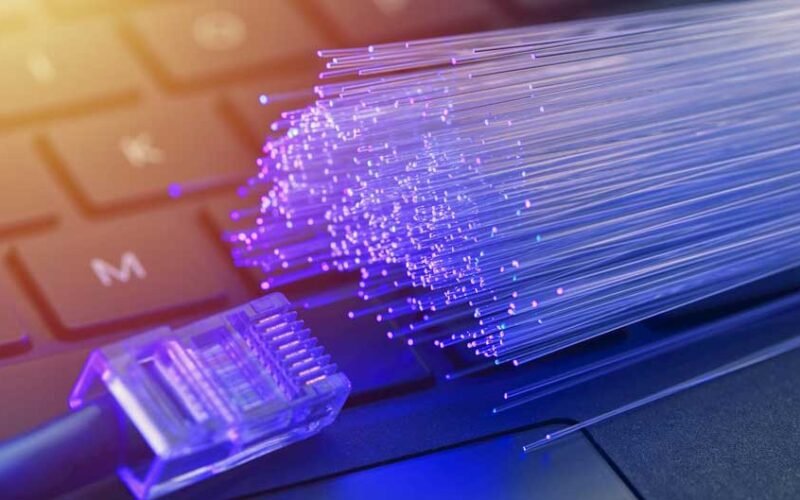As you may already be aware, different types of internet connections are available these days. They all work in different ways to bring people the connectivity they need. They all have their own ranges of features as well with speed, bandwidth, reliability, availability, and affordability being some of the most important factors to consider.
Of course, some connections are better than others. Cable internet is widely available, but it’s notorious for having inconsistent speeds and slowing down significantly at peak use times. Satellite brings internet to areas where other options aren’t available, but it’s often slow, prone to interference, and generally more expensive. Fiber internet is a bit different. If you think you may want to try fiber internet, read on to learn more about it and why it’s a game-changer for remote work, streaming, and certain other online activities.
How Does Fiber Internet Work?
First off, let’s take a look at how fiber internet works. It uses thin strands made of plastic or glass to transmit data via pulses of light. It works on the same principle as the fiber optics you see in some party favors and home decor, like flowers and Christmas trees. Of course, fiber internet takes this technology in a more advanced and functional direction.
With fiber internet, data is converted into light signals that travel through optical fibers. Those signals can travel much further without degrading than those sent through conventional copper phone lines or television cables. They essentially travel at the speed of light, making fiber internet the fastest option available.
How Fiber Internet Has Revolutionized Streaming
Because of its speed, reliability, and higher bandwidth than other internet connections, fiber has revolutionized the world of streaming. It can easily handle high-definition and ultra-high-definition content without the lag, latency, and buffering you see with cable and DSL internet. Fiber internet is capable of simultaneously supporting multiple devices as well. That means you can stream to different televisions and devices at the same time without anyone’s experience being negatively affected.
At the same time, switching to fiber internet is a way to future-proof your streaming capabilities. New technologies are constantly emerging and gaining ground. Virtual reality, 8k video, and other advanced developments are growing more common. No doubt, even more options will appear moving forward. Fiber may allow you to take advantage of them more readily than other types of internet.
How Fiber Has Taken Remote Work to New Heights
Remote work is becoming increasingly common, and it’s expected to continue along those lines in the years to come. Fiber internet is allowing companies and their employees to make the most of the benefits of remote work. It offers faster upload and download speeds, which are essential for large file transfers, cloud-based collaboration, and videoconferencing.
It also tends to have extremely low latency. That further supports remote work. On top of that, fiber internet is more stable and reliable than other types of connections. As such, those who use it experience fewer disruptions and less downtime. It can improve efficiency and productivity in many ways.
Taking Streaming and Remote Work Into the Future
Fiber internet is a major improvement over its predecessors. It’s faster, more reliable, less susceptible to interference and degradation, and capable of supporting more advanced technology. It’s ramping up the streaming experience and making remote work more feasible for millions of people, and it’ll take those activities and many others into the future.










